Last updated on January 2, 2024
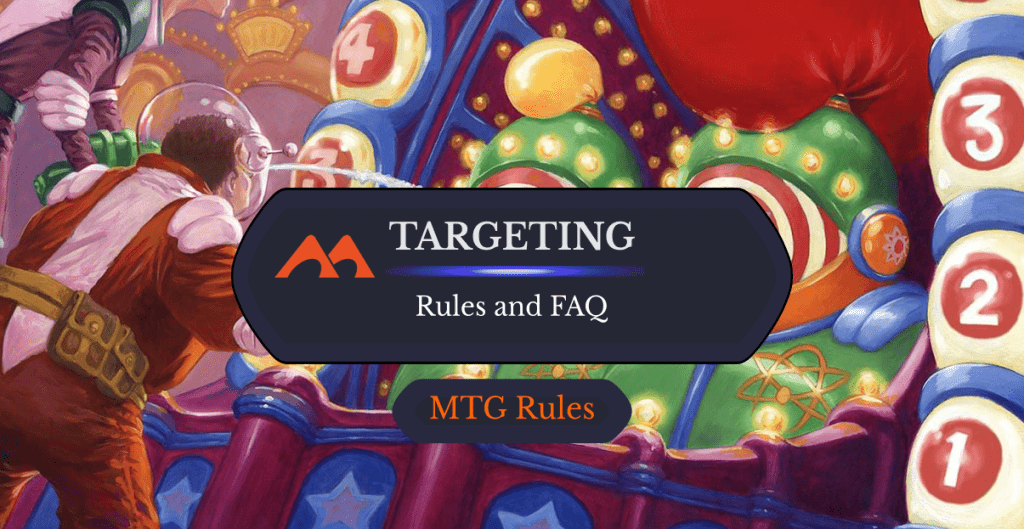
Water Gun Balloon Game | Illustration by Ralph Horsley
If you play Magic long enough, you’ll end up in an argument with someone at your LGS over the concept of targeting. What counts as targeting? What’s “failing to find?” What about any target?
It’s not an obvious set of rules, so to avoid that as you head in for some FNM, let’s clarify everything! We’ll explore all of this in a frequently asked questions format, so hopefully we’ll get all of your questions answered!
Let’s get started!
What Is Targeting in Magic?

Zedruu the Greathearted | Illustration by Mark Zug
A spell or ability counts as targeting something else when it specifies it on the card or in the associated rules text. The “target” is the recipient of the spell or ability. The player is sometimes restricted to targeting specific types of cards or players but can often target anything (including nothing!)
What Counts as Targeting?
This is the hard part. Usually the word “target” is right there in the text. For example, see Abrupt Decay for a spell and Zedruu the Greathearted for a creature. More than 9000 cards in MTG have this kind of targeting language on them.
But sometimes that language is left out for keyword abilities that target. For example, “equip” is an ability that targets, as is spelled out in the reminder text for cards that include that, like +2 Mace, but that’s murkier on all the equipment without the reminder text, like Trusty Machete. Some targeted keyword abilities never have the rules text, especially for stuff that’s been around since Alpha like “enchant.” For that, you’ll have to look to the Comprehensive Rules (sections 115 and 702) or ask a judge.
But a lot of stuff doesn’t target that you might think counts as targeting. Let’s think about the word “destroy,” for example. One of the first ever destruction spells, Terror says “target” right there on the card. And that sets the precedent for what we now call “targeted removal.” But there’s lots of non-targeted removal. For example, a wrath like Akroma's Vengeance tends to say “all creatures,” which doesn’t target anything. Or Blast Zone, which affects “each” thing, so it also doesn’t target. Edicts like Imperial Edict that allow opponents to choose things also don’t target the creatures. In that case, it targets the opponent (some say all or each opponent, so watch out!), and when the opponent selects the creature that doesn’t count as targeting.
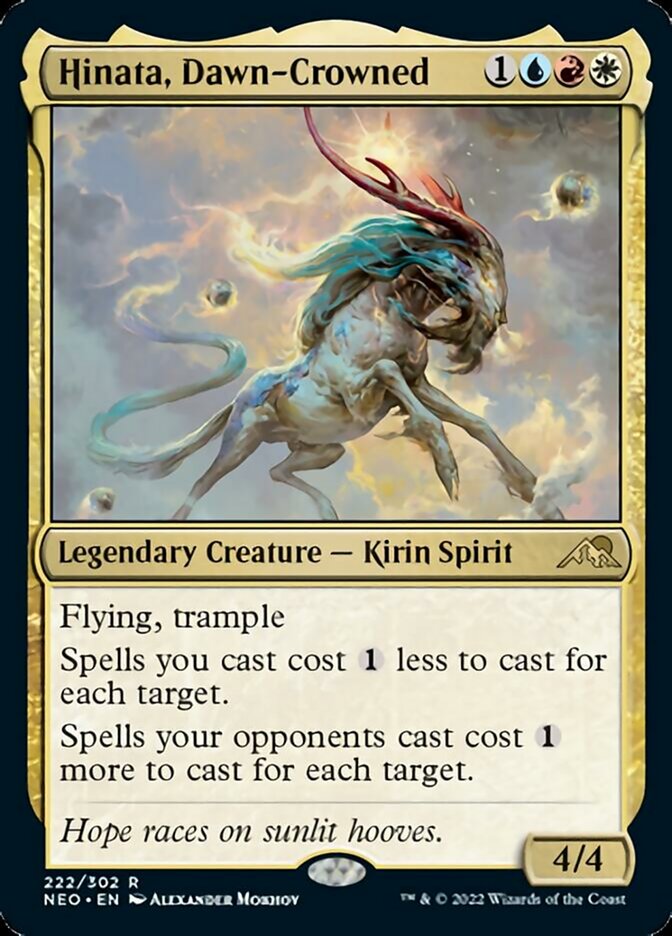
All of this is especially key for cards like Hinata, Dawn-Crowned or the heroic ability, whose whole shtick is that they care about targeting.
What Does Any Target Mean?
The phrase “any target” means that you choose a target as you cast the spell. That kind of thing seems obvious if you’re casting a Swords to Plowshares, but it means that a card like Aetherflux Reservoir, whose original “damage to target creature or player” has been Oracle’d to “any target,” which allows the caster to choose things like planeswalkers or battles as possible targets for the damage.
Can You Choose Not to Target?
Sometimes. I can’t cast spells that target without a valid target. So, if you Doom Blade my Esper Sentinel after I cast my Giant Growth on it, that Growth fizzles because it needs a target to resolve and now doesn’t have one.
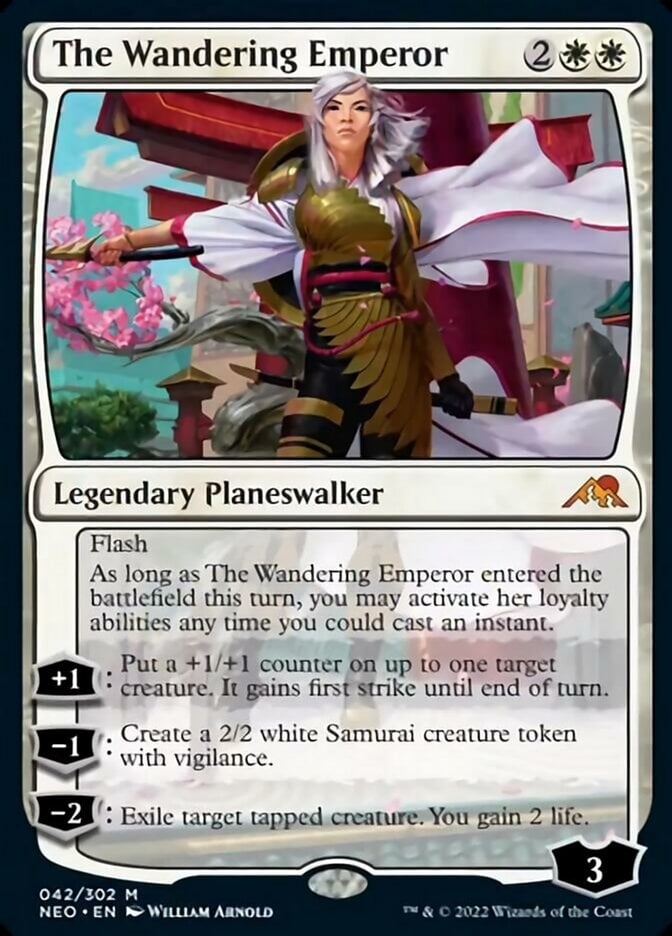
But planeswalker abilities, for example, can work this way. The Wandering Emperor has a first ability with an “up to one target” text, which means you can choose zero. But the third ability requires a target in case you’re desperate for that lifegain.
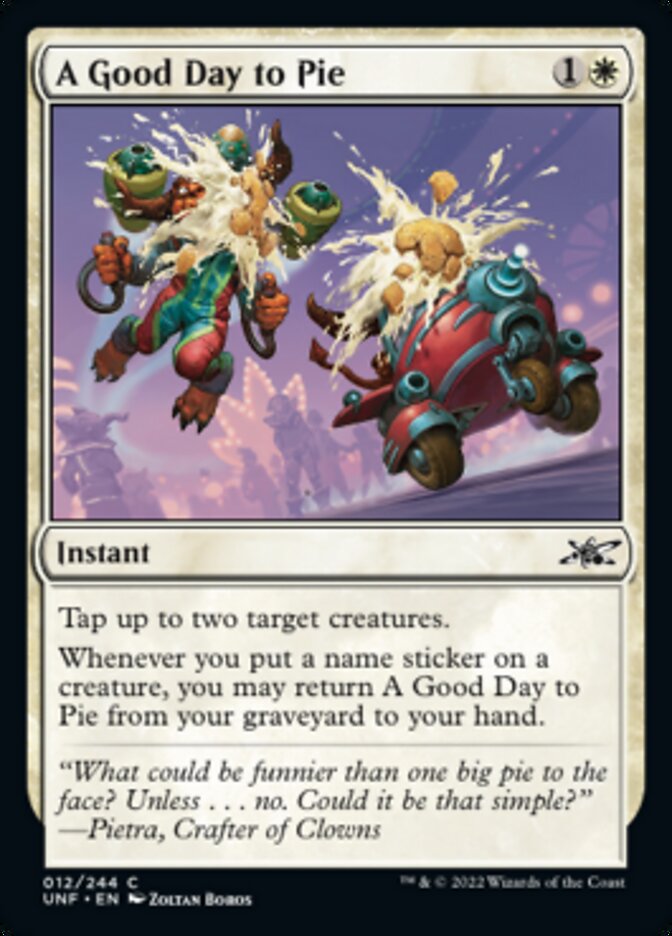
Some spells have this wording, too, like A Good Day to Pie (Finally, a chance to talk about this stupidly hilarious card. You’re welcome!).
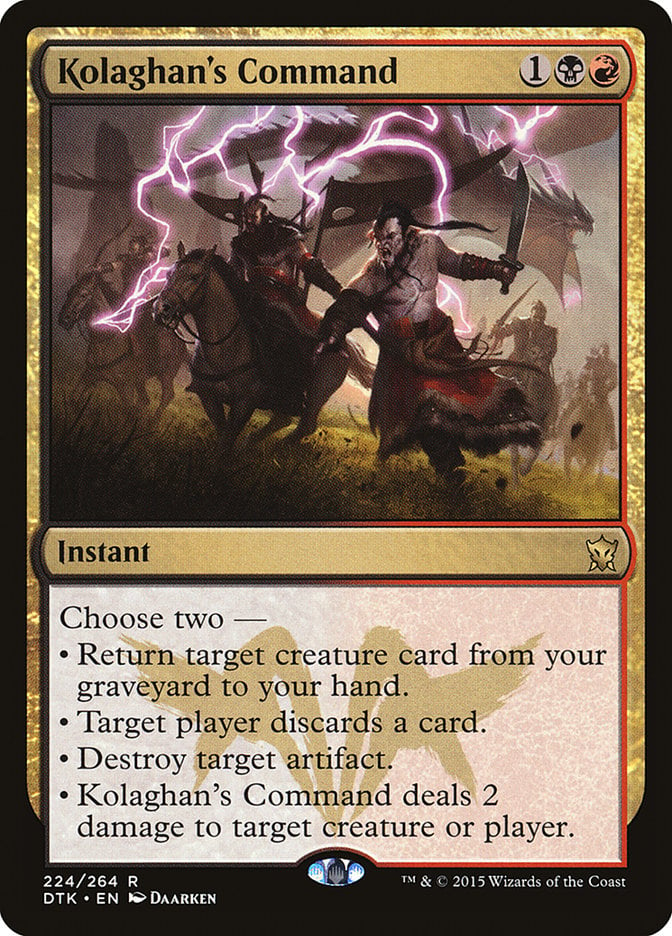
Modal spells don’t fizzle if one of the chosen modes is now impossible. Kolaghan's Command, for example, has four targeted modes(!), and if any of the targets are removed first, it doesn’t fizzle the other mode or the spell itself.
Do You Have to Reveal the Chosen Target to Your Opponent When Casting a Spell?
Yes, you have to reveal the target!
Can you imagine?
“I cast Lightning Bolt!”
“Okay, on what?”
“Maybe you? I dunno yet. Gonna Counterspell or do you feel lucky?”
Can You Respond to a Spell or Ability After Your Opponent Has Chosen Targets?
Because you have to name your targets when casting a spell, this is the only way. They cast a spell, declaring targets. That’s on the stack, and then you can respond with a Mana Leak to counter the spell or a Shock to their Illuminator Virtuoso they’ve just targeted with their Ancestral Anger.
What’s the Difference Between “Target Creature” and “Target Creature Spell”?
“Target creature” targets a creature on the battlefield. “Target creature spell” targets a creature spell on the stack. I can Abrade a creature on the board. I can Remove Soul a creature spell that’s being cast.
What if the Target of a Spell or Ability Becomes Illegal?
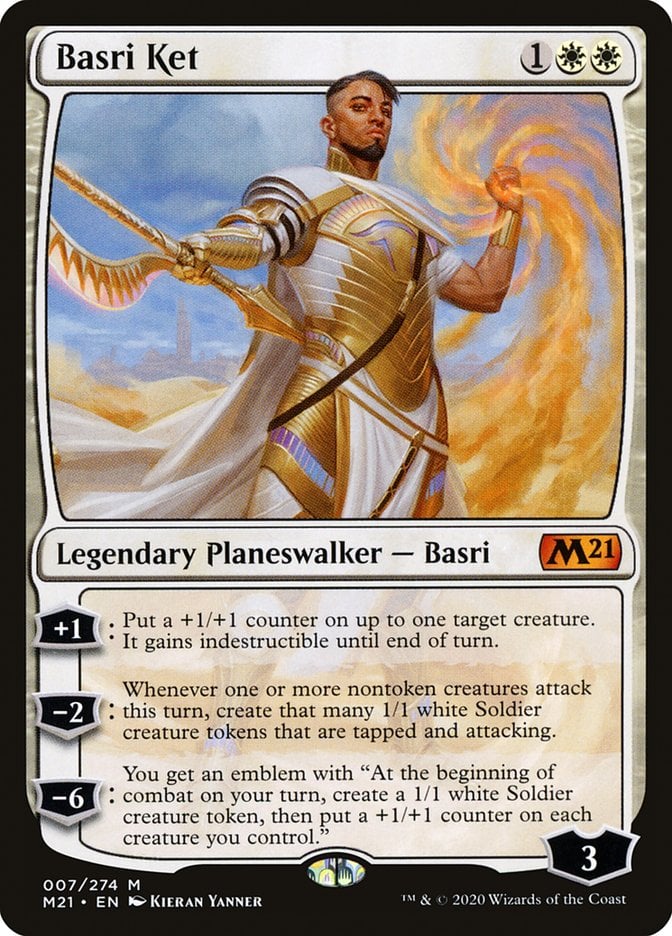
The spell fizzles if the target is illegal unless it’s a modal spell whose other effects are still legal. The same is true for abilities, with the exception of planeswalkers. If I remove the creature you’re trying to buff with Basri Ket’s +1 ability, the buff has no target and doesn’t happen. But the +1 still happens because up or down ticking a planeswalker is part of the cost of the ability.
What if the Target Gains Protection?
The spell fizzles if a target gains protection from the applicable color or hexproof, like if your opponent uses Redeem the Lost to grant protection from red to the target of your Spikefield Hazard.
Can You Change the Target of a Spell or Ability After You Announced It?
No, you can’t change the target after it has been announced. That’s cheating!
“I Bombard your Arboreal Grazer!”
“Okay, well I’m going to cast Village Rites and sacrifice it first.”
“Grr. Okay, okay, I’m going to shift the Bombard to your Defiant Elf then!”
This would break all the rules and intent of instant speed interaction and the stack in MTG.
Do You Have to Declare All Targets at Once?
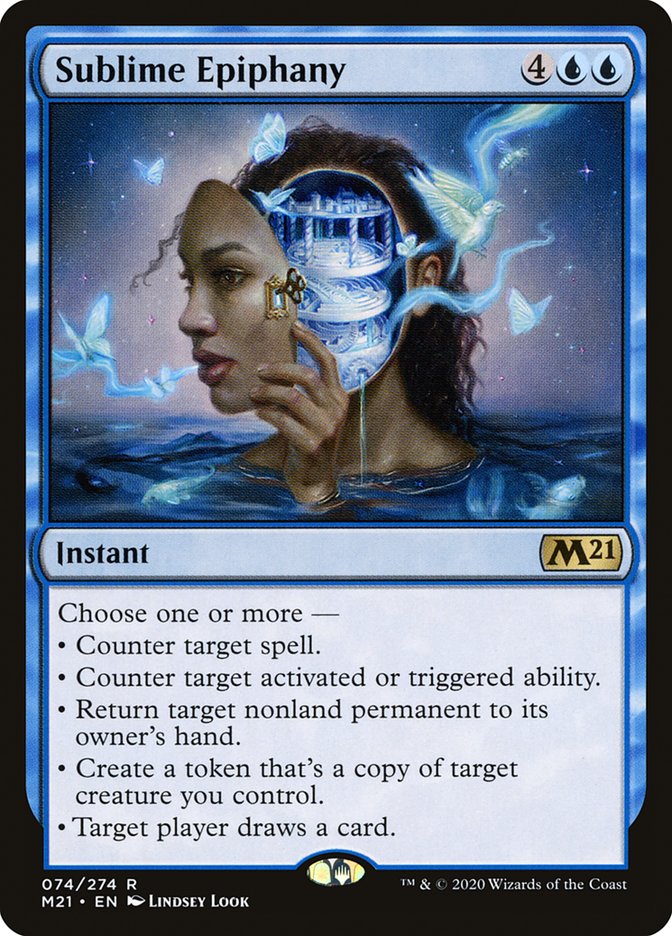
For a spell with multiple targets, say Sublime Epiphany, you have to declare all targets at once. If you cast multiple spells in sequence, each with a different target, you declare the target with each spell in turn.
Do Board Wipes Target?
No. Usually, they have language like Wrath of God or Anger of the Gods or even Extinction Event, which hit “all.”
Does Amass Target?
No, Amass doesn't target. It has you choose instead. It adds them to an Army token you control. If you don’t already own such a token or if the token is destroyed in response, you create one and immediately choose it to recieve counter(s).
Does Fling Target?
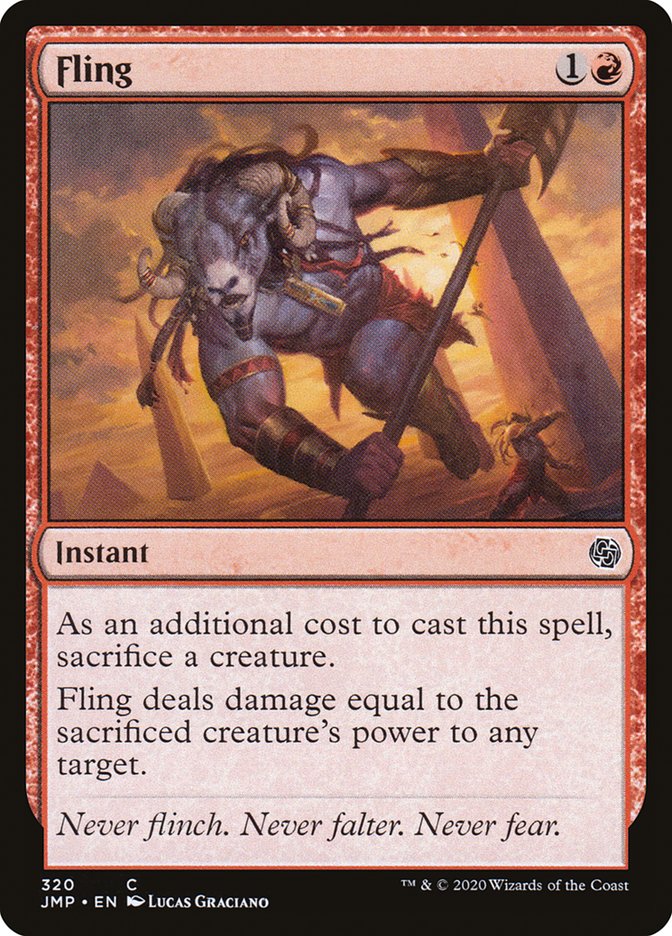
Partially. Sacrificing something doesn’t target the object of sacrifice. This has always been so, as the phrase “sacrifice target” has never appeared on a Magic card. But Fling and effects of that type target what they would apply the damage to.
Does Populate Target?
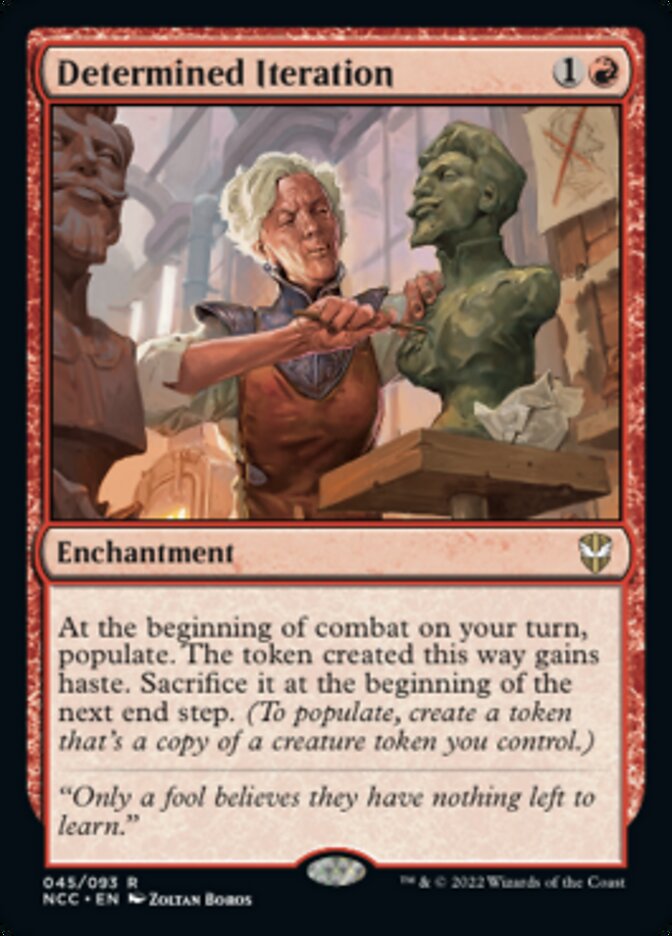
No. See the rules text on a populate card like Determined Iteration: “create a token that’s a copy of a creature token you control.”
Does Fight Target?
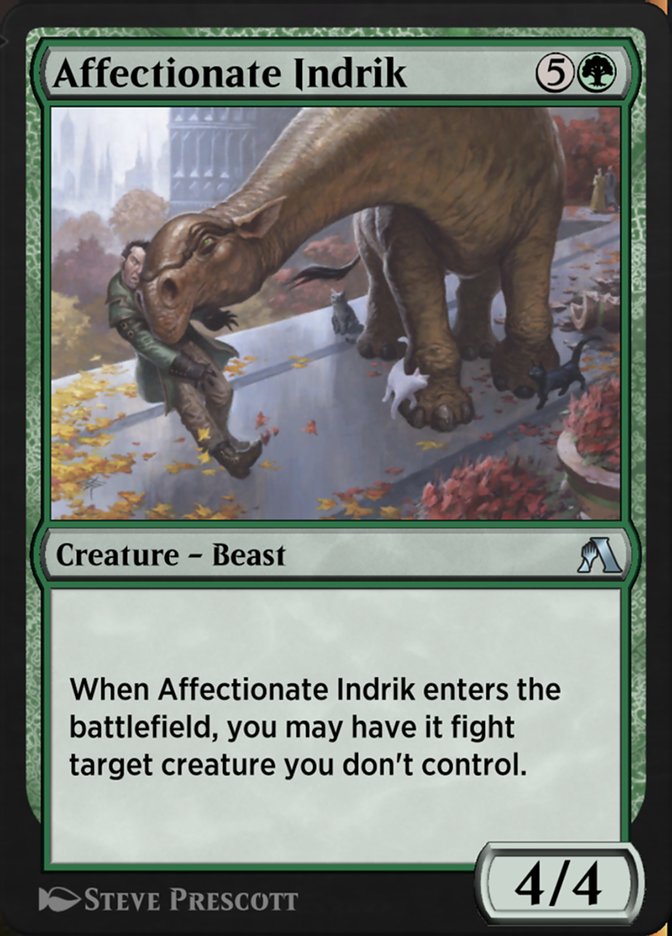
Yes. If the fight ability or ETB is on a creature, like Affectionate Indrik, it targets the creature you fight. If the fight is a spell, like Blizzard Brawl, it targets both creatures in the fight.
Wrap Up

Mana Leak | Illustration by Howard Lyon
Got that? The short rule of thumb is that everything that targets says “target” except for keyword abilities that may have some cloaked targeting, like mentor. If targeting matters to your deck, be sure you check those random keywords to be sure. Otherwise, just look for the term.
So next time you get into a discussion on Commander night with “target” player about this very thing, just pull up this handy dandy guide and wait for the peace, love, and understanding to break out. Speaking of such things, I know you want to comment! So down below, please or in our Discord!
Until next time, stay safe, and stay healthy!
Follow Draftsim for awesome articles and set updates: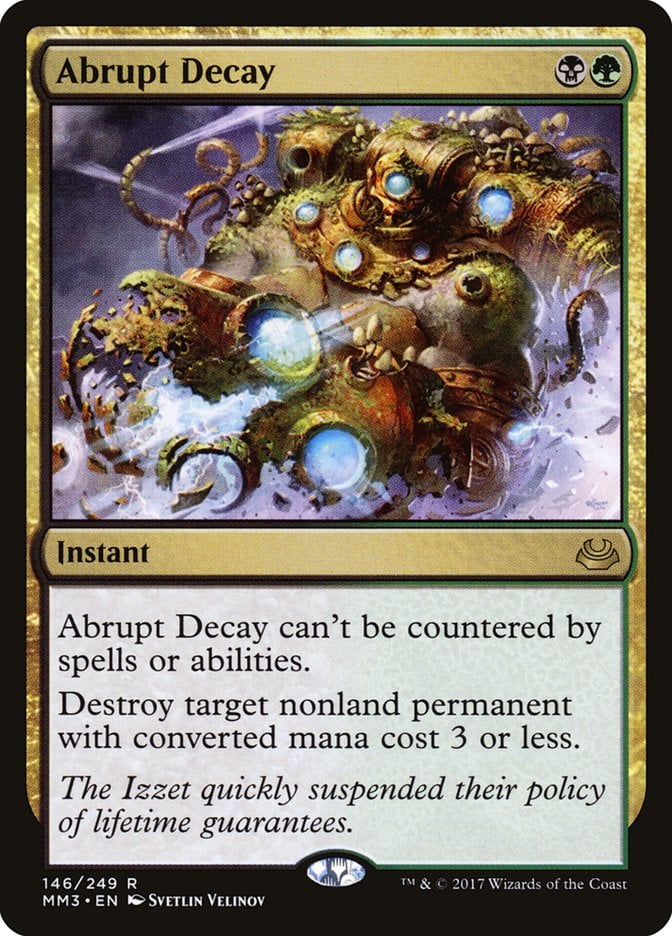
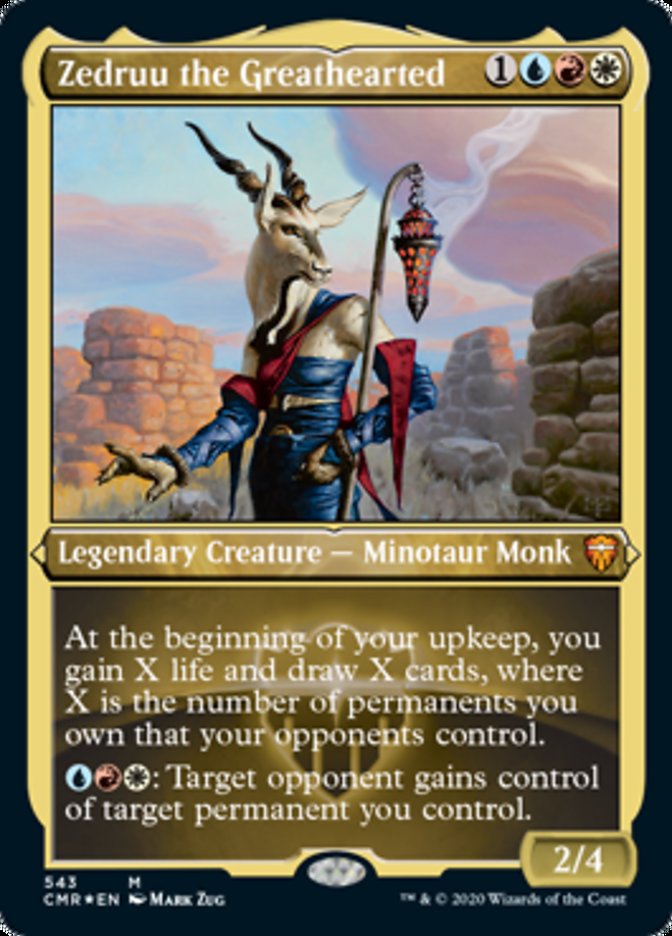
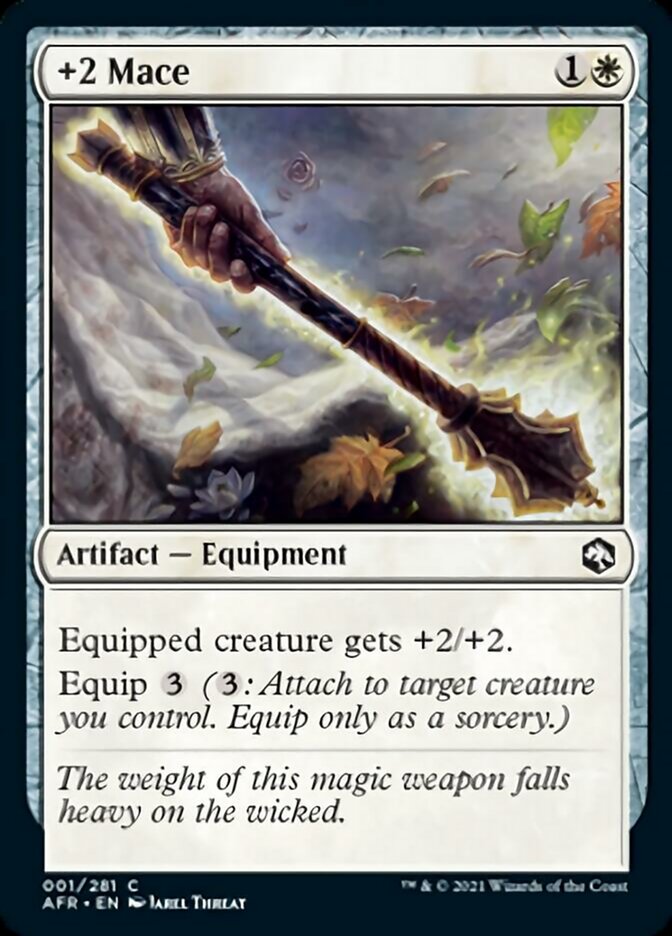
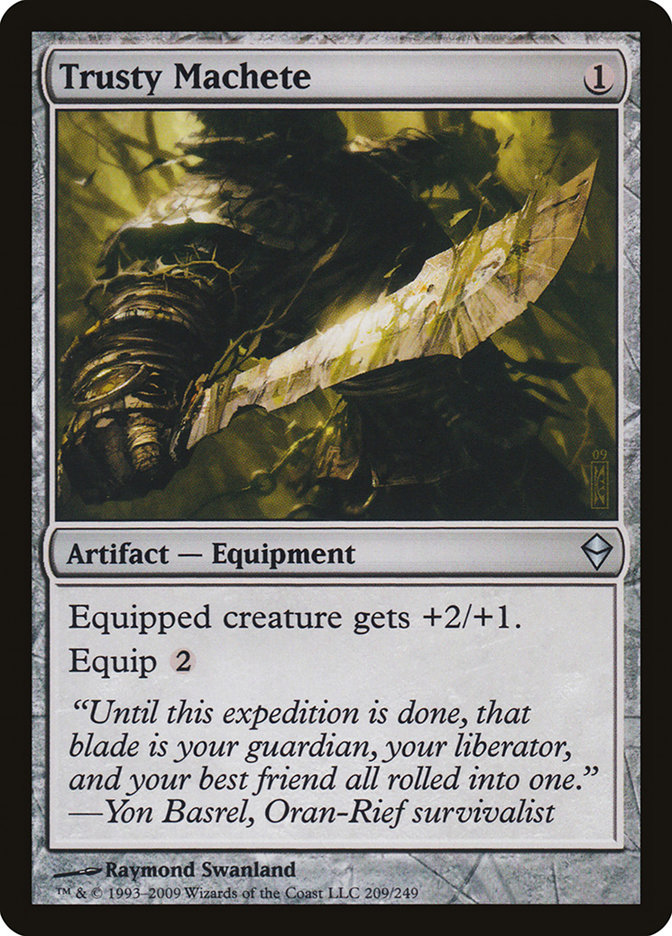
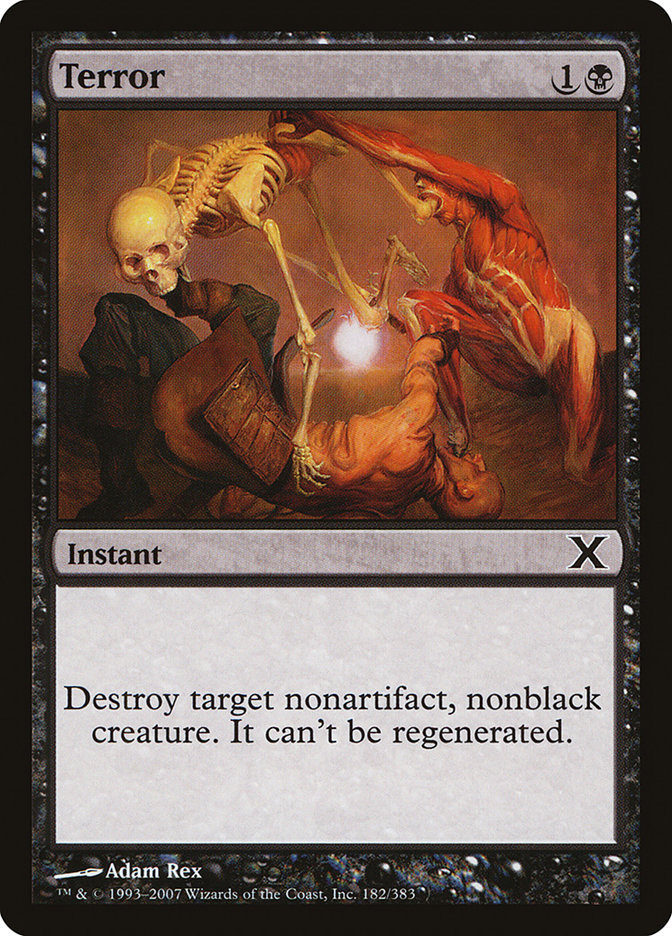
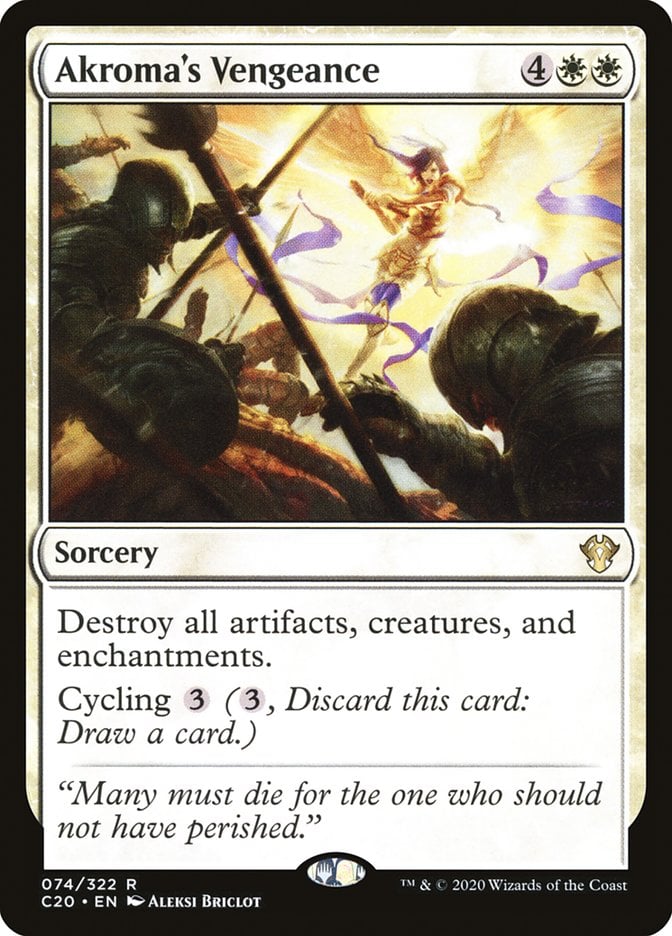
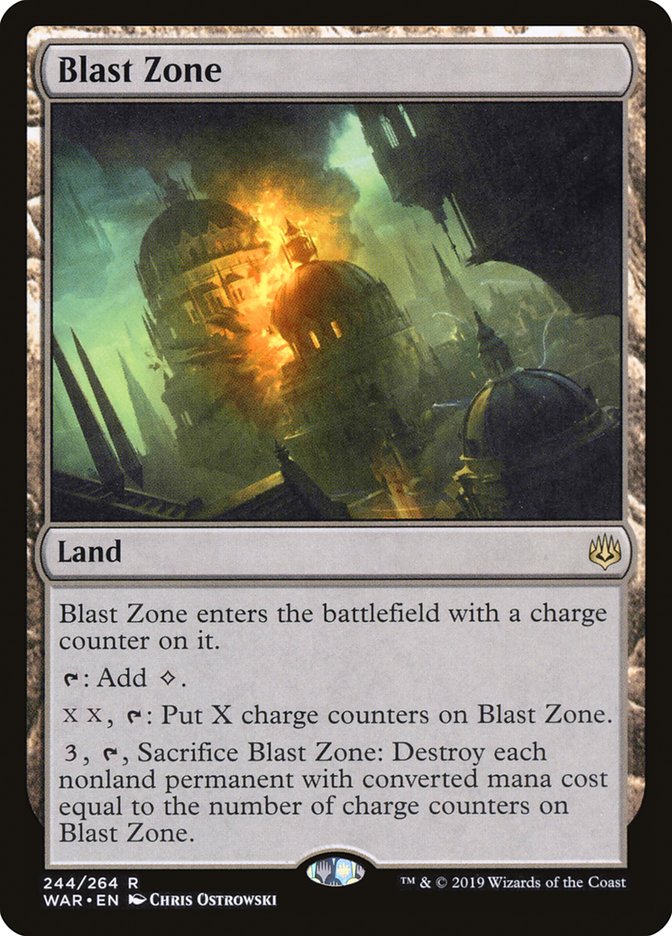
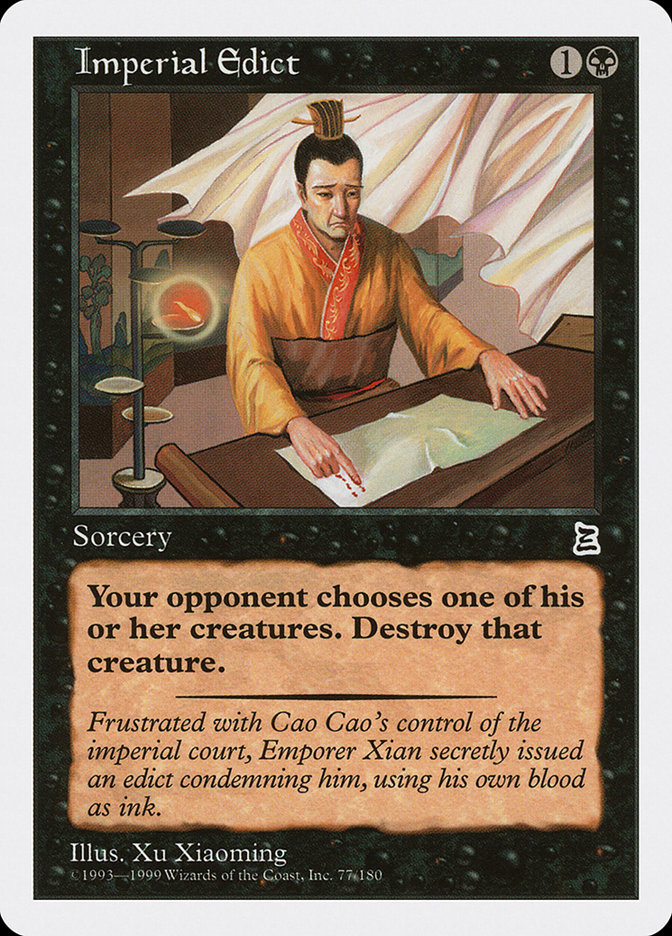
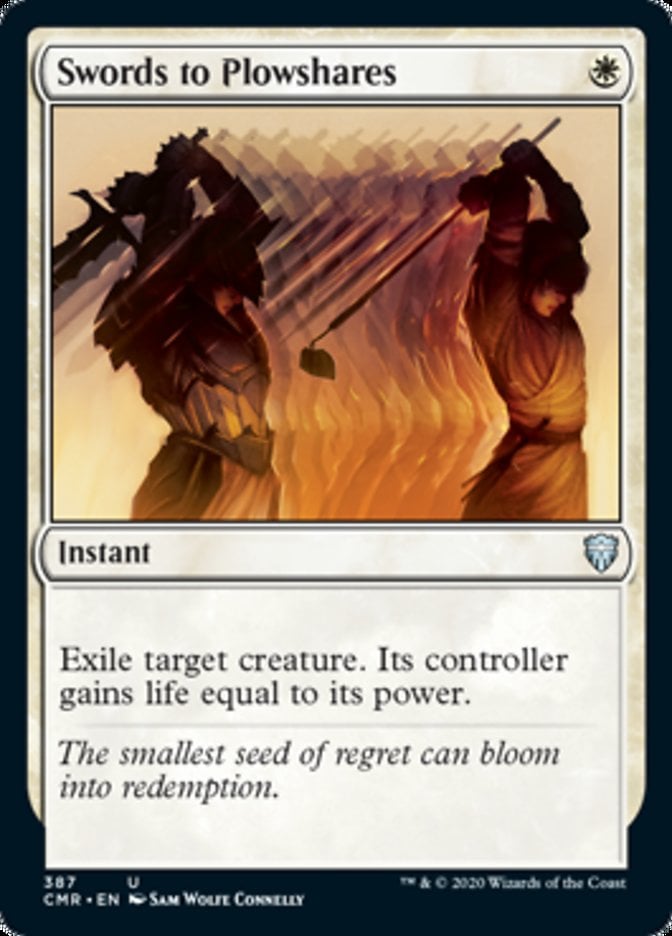
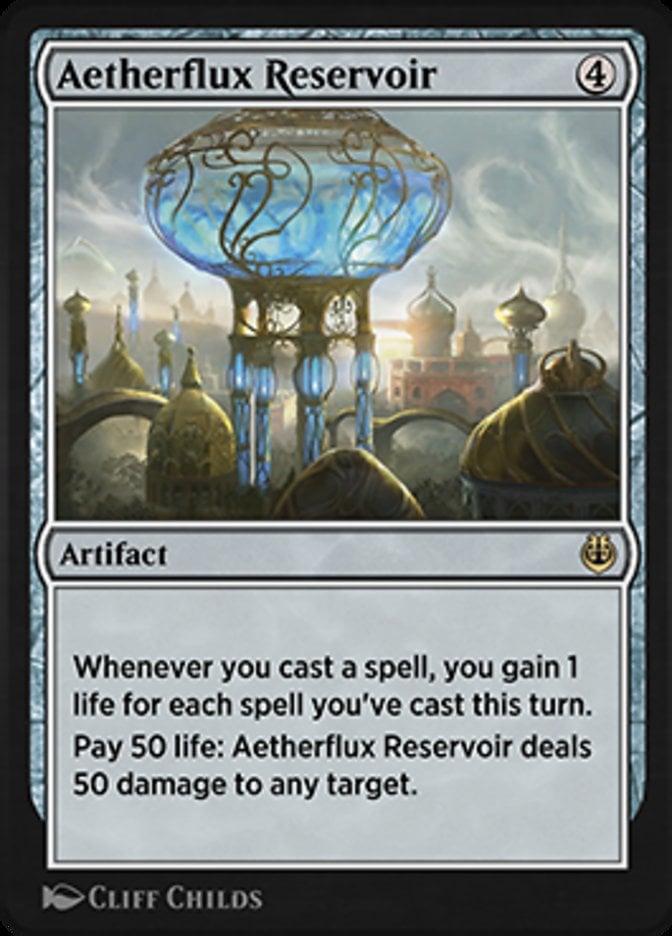
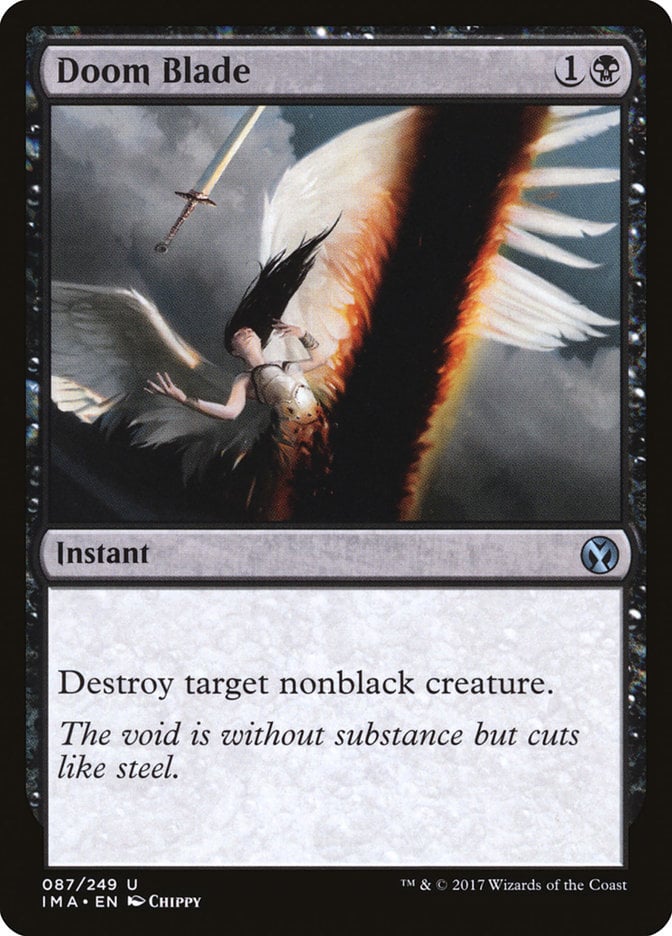
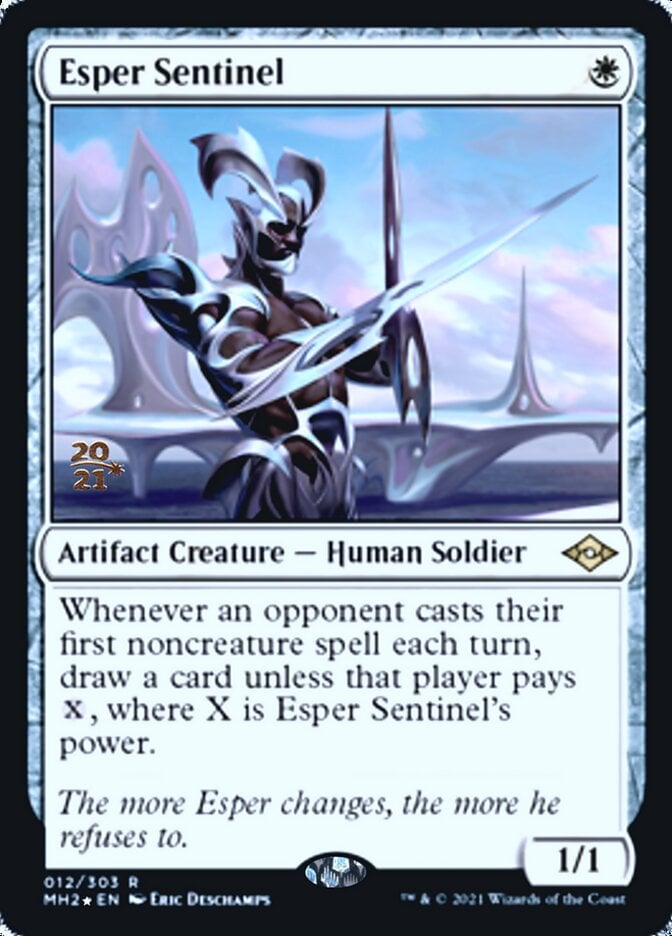
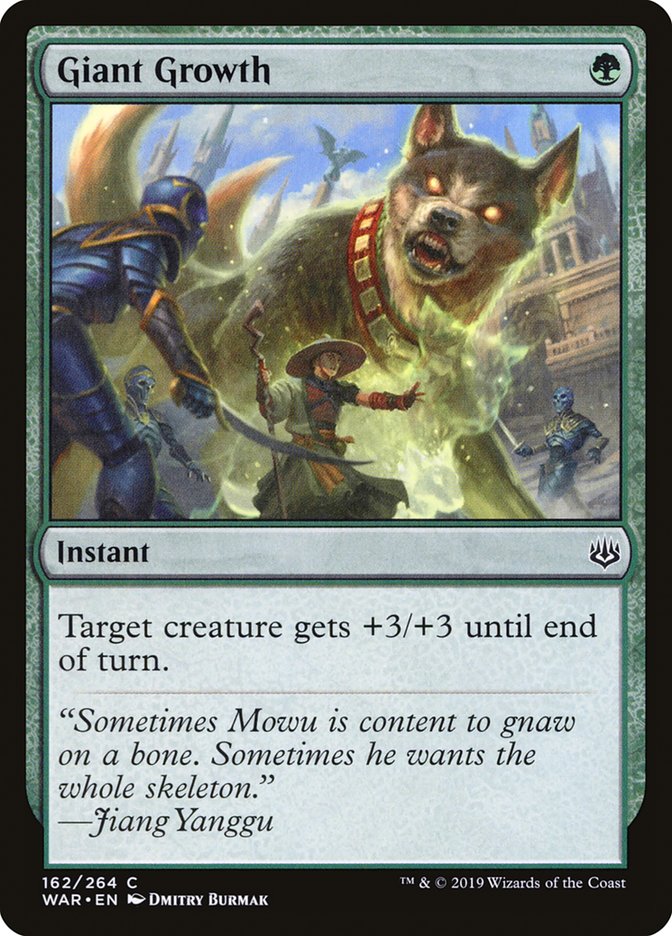
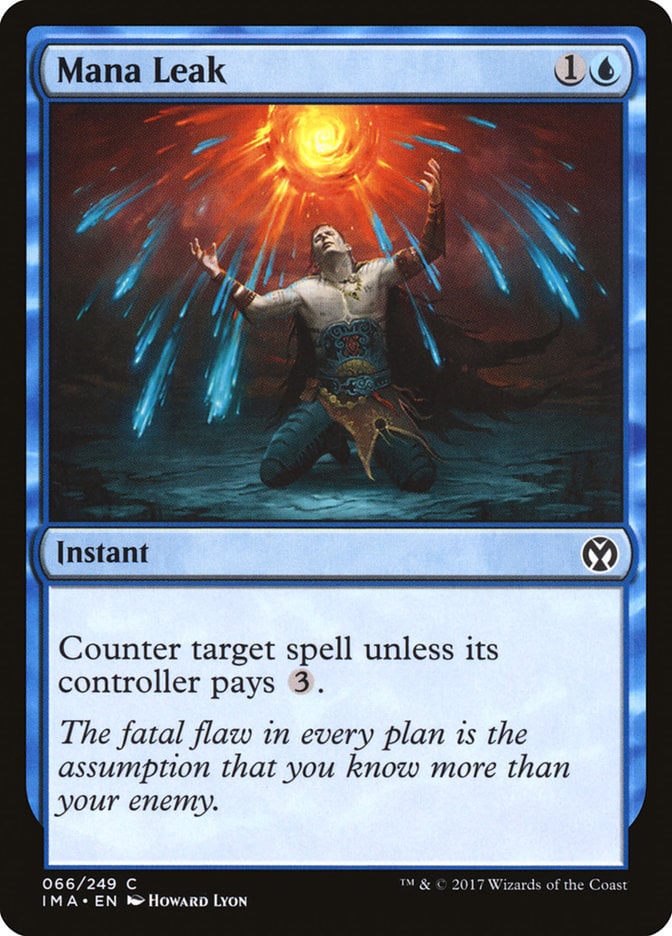
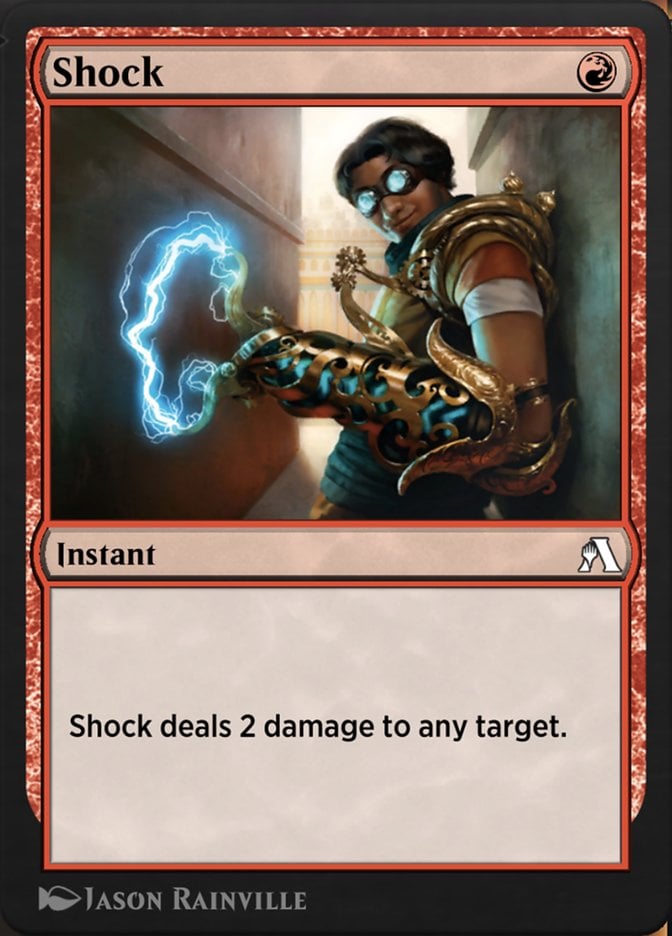
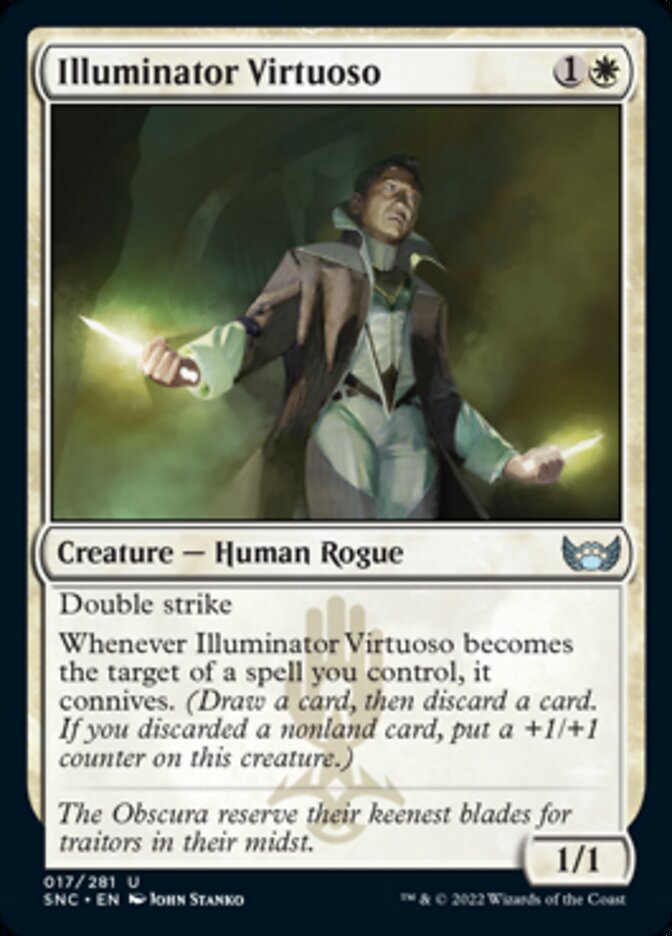
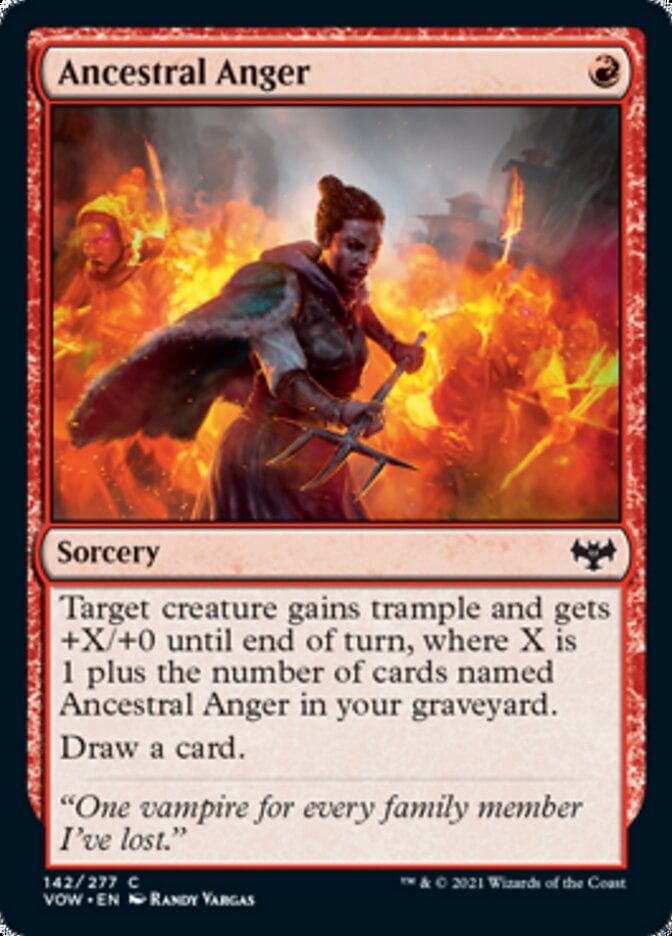
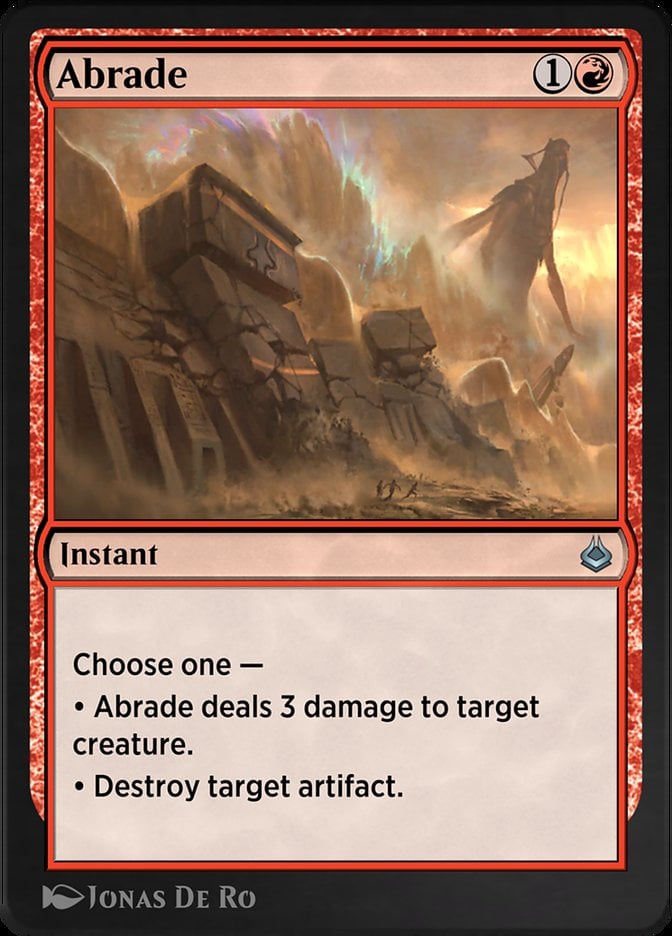
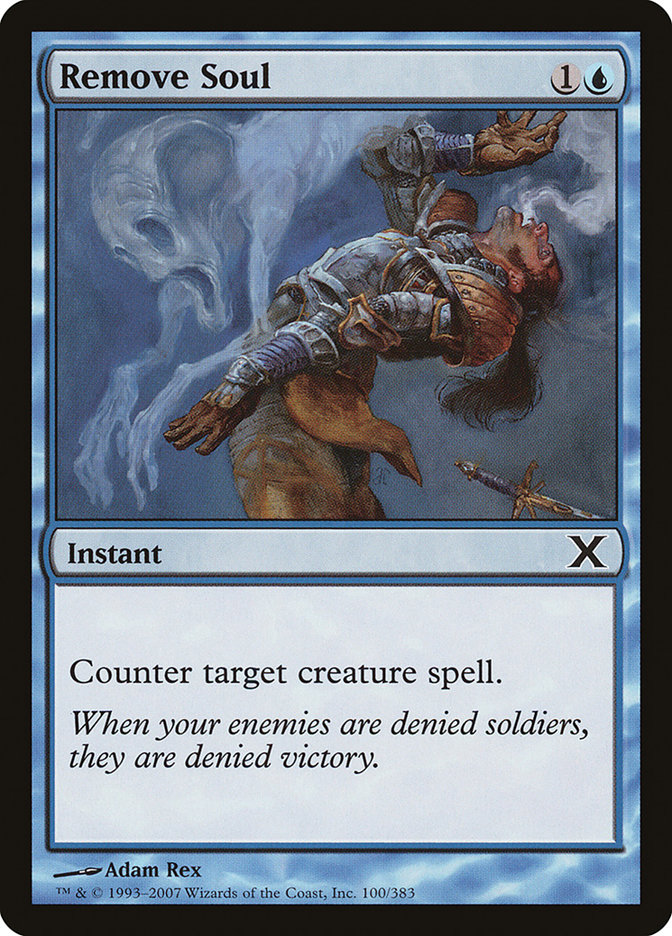
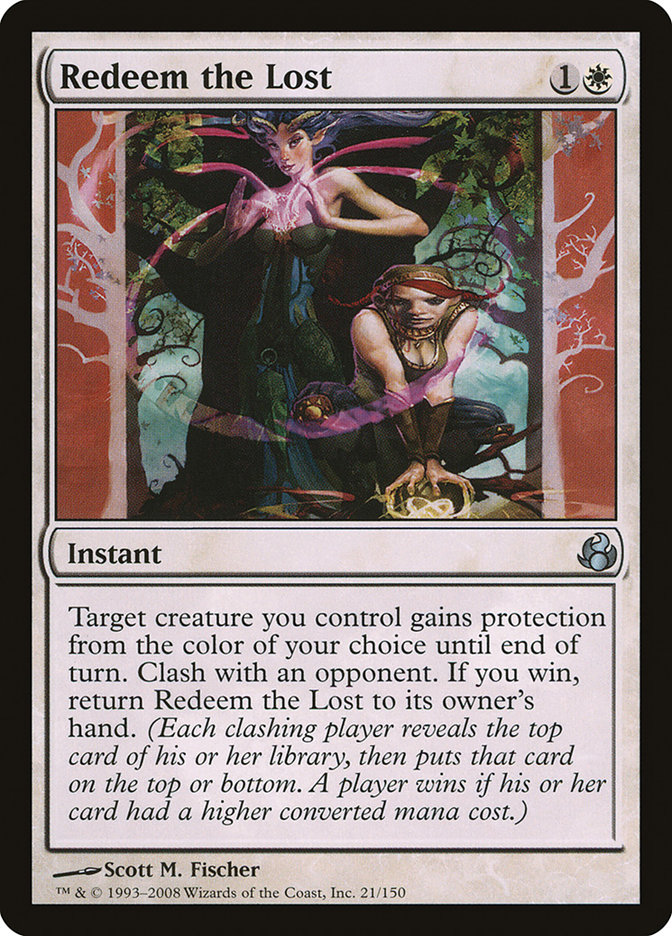
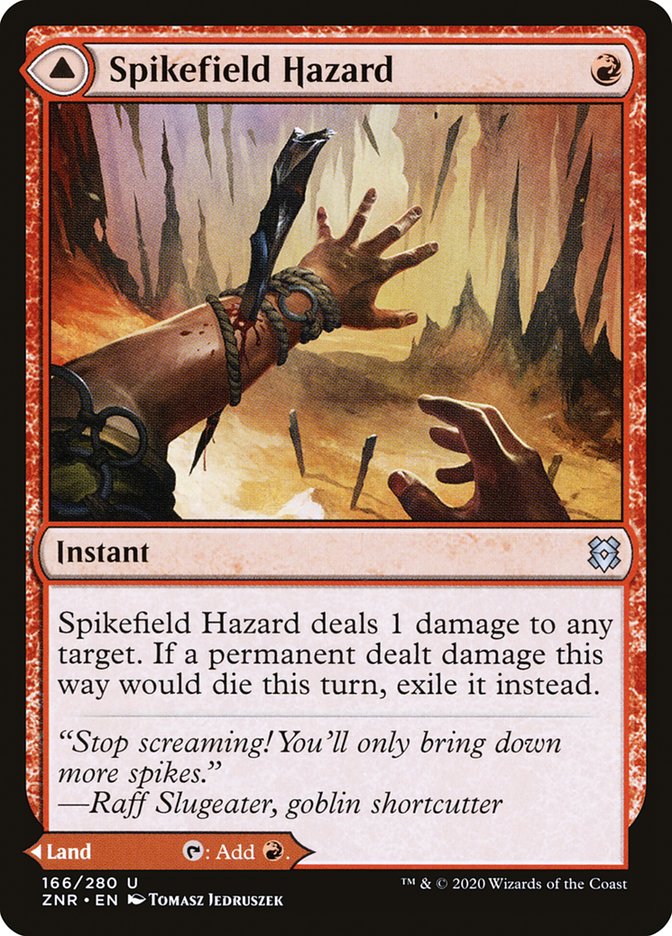
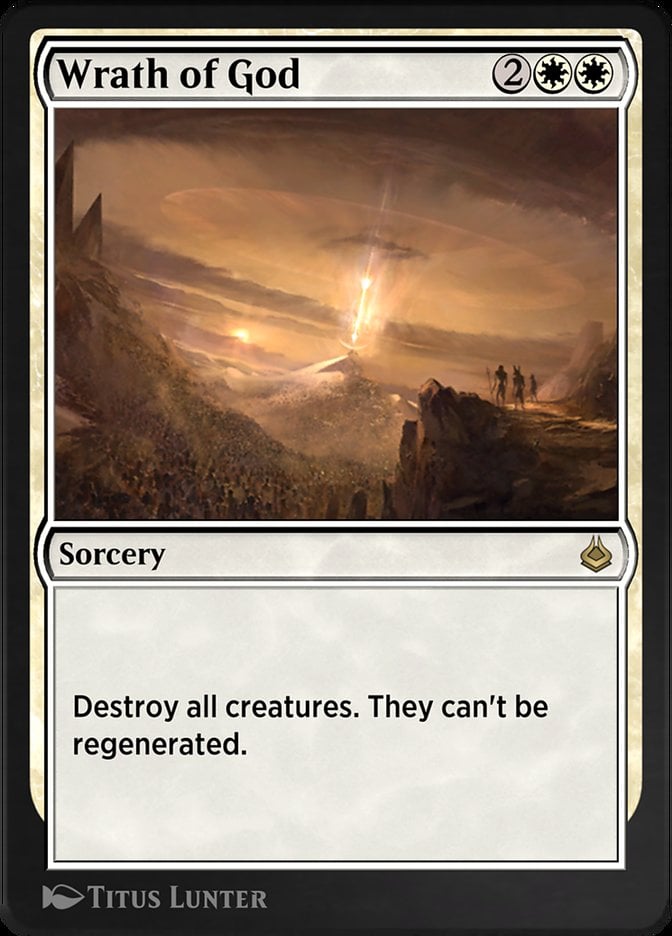
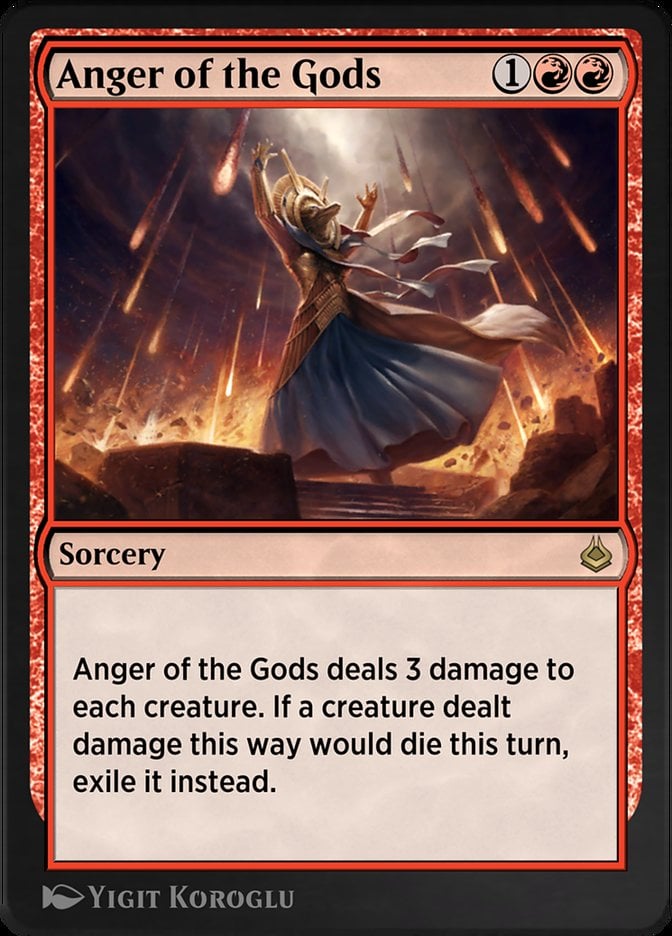
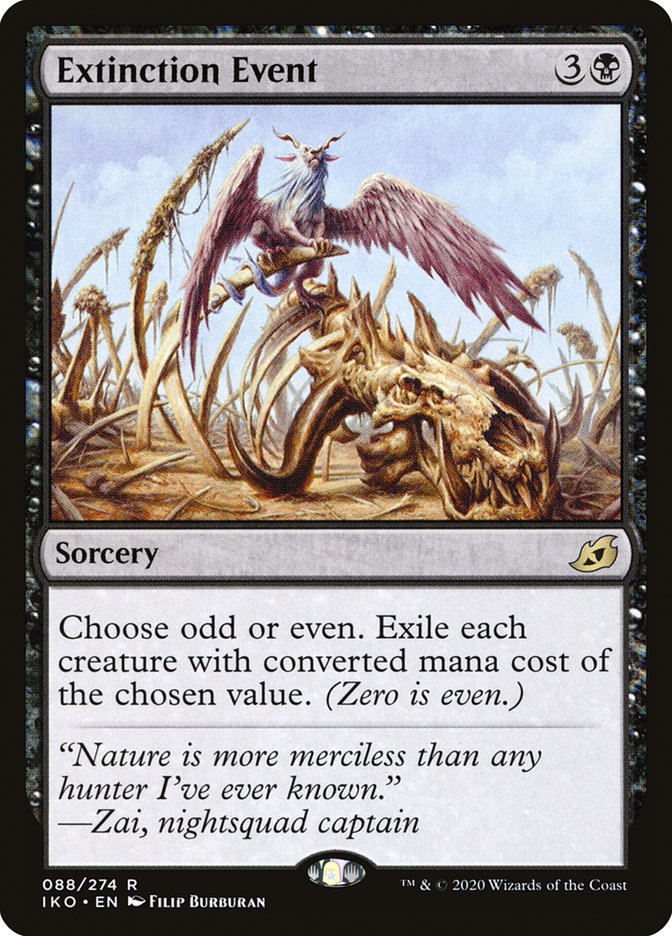
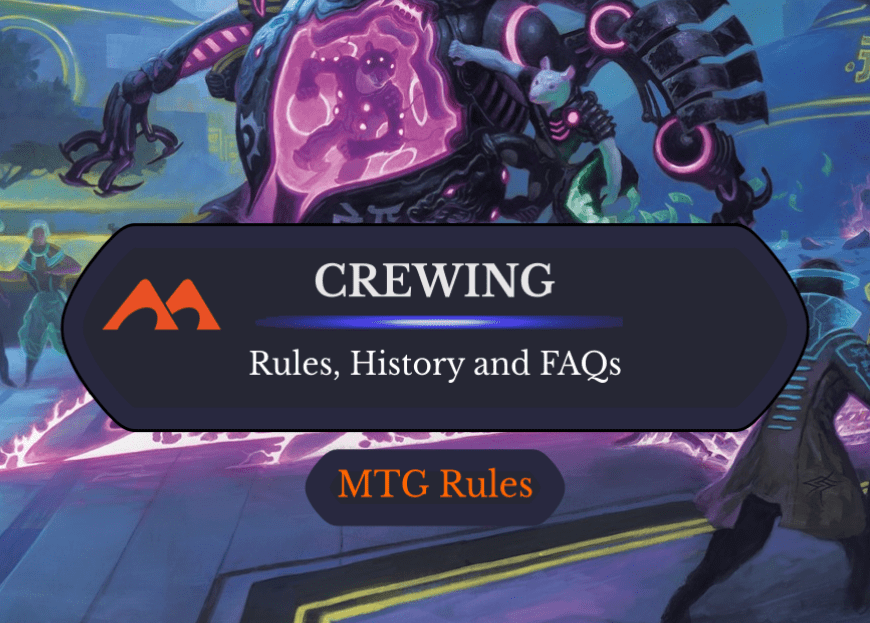
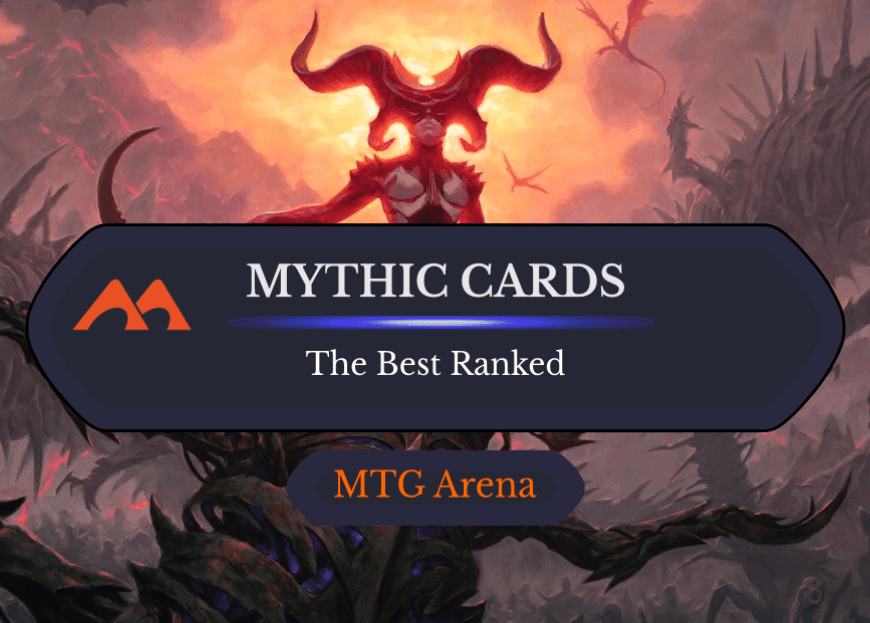
Add Comment